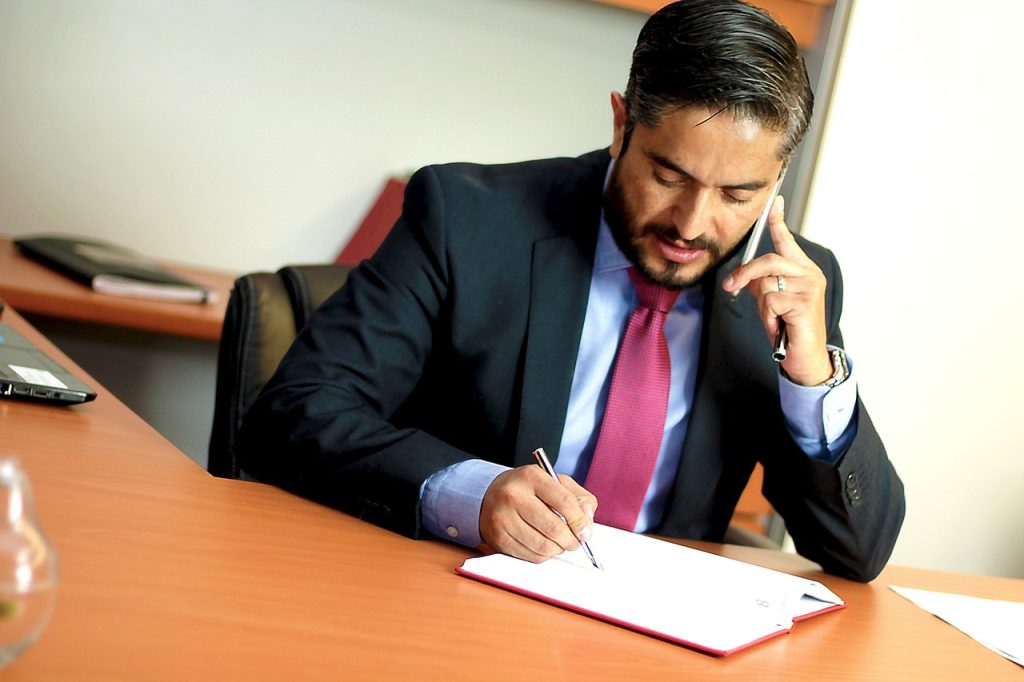California franchise relations act
California franchise relations act
This editorial states how a franchisee who files a federal court action claiming violations of California and Illinois license regulations should respond to a franchisor’s motion for summary judgment. The laws discussed are the California Franchise Investment Law, the California Franchise Relations Act and the Illinois Franchise Disclosure Act of 1987.
The chief managerial officers and directors of the defendant franchisor will mention that they have acted in their communal competence and are not in my opinion likely for anything regarding the defendant franchisor.
To counter this deal, the pretender franchisee should cite the California Franchise Investment Law, Cal. Corp.
Code § 31302, and Section 705/26 of the Illinois Franchise Disclosure Act of 1987, which supply for this private accountability under positive circumstances. In most situations the claimant franchisee also will allege breach of the license bargain, breach of the convention of good faith, scheme and possibly other counts. These matters will be directed in an outlook editorial. The California Franchise Investment Law The pretender franchisee is entitled to bring a public action against both the commercial franchisor and the franchisor’s chief supervisory officers and directors pursuant to the California Franchise Investment Law, which states:
Every person who directly or indirectly controls a person liable under Section 31300 [offers or sells a license] or 31301 [offers or vends a franchise by means of printed or verbal transportation that have fallacious facts or material statements or enclose omissions], every collaborator in a firm so accountable, every most important administrative officer or administrator of a company so responsible, every person occupying a comparable status or acting the same gatherings, every worker of a person so accountable who considerably helps in the measure or business adding up to the infringement, are also responsible jointly and severally with and to the same amount as such person, except the other person who is so answerable had no skill of or practical grounds to have trust in the subsistence of the facts by reason of which the accountability is suspected to exist. (Emphasis added.) Section 31005 of the CFIL defines a franchise as a “contract or bargain, either articulated or roundabout, whether verbal or printed, between two or more persons,” by which:
• A franchisee is arranged the right to slot in the trade of proffering, vending or distributing goods
2 © 2008 Thomson Reuters/West. Franchise & Distribution or services under a marketing theme or course prescribed in extensive part by a franchisor;
• The process of the franchisee’s trade pursuant to such theme or system is largely linked with the franchisor’s trademark, service mark, trade name, logotype, advertising or other commercial symbol allocating the franchisor or its affi liate;
• The franchisee is asked to purchase, unswervingly or indirectly, a license toll. As stated in CFIL Sections 31001 and 31105, the protections of the law apply to all franchisees situated at California.
The claimant franchisee should show that the defendant franchisor’s license was sold and/or is situated at the state. For California law to implement the pretender franchisee should reveal that it is situated at the California and that the protections of the CFIL therefore be appropriate. This will display that the defendant franchisor’s trade is a license pursuant to Section 31005 and is accountable pursuant to the necessities of the regulation.
Section 31012 states that “fraud” and “deceit” are not restricted to common-law fraud or deceit. The claimant franchisee should show that the defendant franchisor proffered and vended it the relations act license in the state of California pursuant to CFIL Section 31013. If the defendant franchisor made a recommendation to vend a license in California, as clear in Section 31013 or 31018, the defendant franchisor is therefore subject to the provisions of the CFIL.
The claimant franchisee should illustrate that the defendant franchisor relations desecrated Section 31200 by making an incorrect statement of a material fact in its “uniform license offering circular/license confession document.” The pretender franchisee should show that the defendant franchisor sullied Section 31201 by making an incorrect announcement of a substance fact and canceled a material fact to the pretender franchisee.
The California Franchise Relations Act In several situations, when the defendant franchisor is sued it will come to an end the claimant franchisee’s license. If it did so as an outcome of the commencement of proceedings, the petitioner should show that the defendant’s unacceptable killing of the license and the license bargain desecrated the California Franchise Relations Act, Cal. Bus. & Prof. Code § 20020.
The franchisee should bear in mind that Section relations 20037 of the law allows it to sue pursuant to any other commandment, together with compensation for the unacceptable slaughter of the license. grounded on this condition, other counts should be suspected in the claimant franchisee’s protest if they are pertinent.


